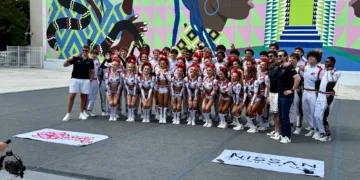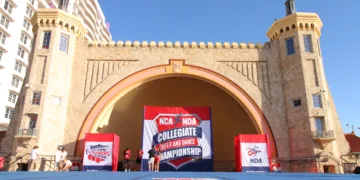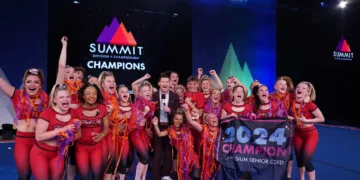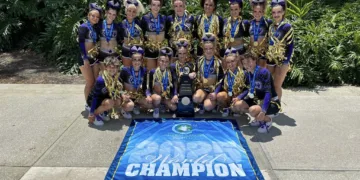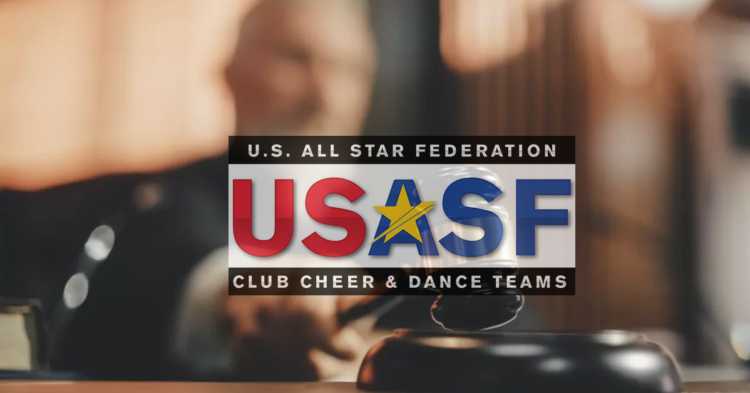In a significant new ruling, a Florida federal judge has concluded that the “Worlds” and “The Cheerleading Worlds” marks used by the U.S. All Star Federation (USASF) are too generic for trademark protection. This decision marks the end of a heated legal battle that has gripped the cheerleading community since December 2021.
USASF, based in Memphis, Tennessee, filed a lawsuit against Texas-based Open Cheer & Dance Championship Series and Florida-based The Open Cheer and Dance LLC. The lawsuit accused these organizations of infringing on USASF’s trademarked event names for their own annual competitions, which they argued caused consumer confusion.
Since 2004, USASF has held annual year-end cheerleading competitions in Orlando, Florida, known as “The Cheerleading Worlds.” These events are well-known in the all-star cheerleading world, attracting top teams from private gyms across the country. In July 2021, USASF acquired the rights to these marks from Varsity Spirit LLC, according to court documents.
USASF’s complaint highlighted that the defendants sold merchandise featuring terms like “Allstar Worlds” and “Allstar World Championship,” which they claimed were confusingly similar to their own marks. This, according to USASF, violated the Lanham Act and constituted trademark infringement, unfair competition, and civil conspiracy under state law.
However, the defendants argued that the terms were too generic to be protected and that the assignment of the marks from Varsity Spirit did not include the necessary goodwill. They also claimed the assignment lacked valid consideration, a critical component for such transfers.
U.S. District Judge Wendy W. Berger granted summary judgment in favor of the defendants, stating that the terms “Worlds” and “The Cheerleading Worlds” were indeed too generic. Judge Berger’s 15-page order emphasized that these marks merely describe the nature of the events – world championship competitions in all-star cheerleading – and thus, require no imaginative leap to understand their meaning.
“Affording the contested marks trademark protection would improperly prohibit defendants from naming their event for what it is: a world championship competition in all-star cheerleading,” Judge Berger noted in her order.
Despite acknowledging that Varsity Spirit LLC had properly transferred its goodwill to USASF, the judge ruled that the marks themselves were not suggestive and lacked the distinctiveness required for trademark protection.
For USASF, this decision is undoubtedly a setback. The organization must now navigate a landscape where its once-exclusive event names are open for use by others. However, this could also spur innovation and differentiation in how cheerleading events are branded and marketed.
With the court’s decision, the lawsuit, formally known as U.S. All Star Federation Inc. v. Open Cheer & Dance Championship Series LLC et al., case number 6:21-cv-02135, in the U.S. District Court for the Middle District of Florida, has reached its conclusion. It remains to be seen how USASF will adapt to this new competitive environment and what strategies it will employ to maintain its leadership in the cheerleading world.
Curious about what this means for the future of cheerleading competitions? Stay tuned with Cheer Daily for the latest updates, insights, and how this ruling might change the landscape of all-star cheerleading events.












